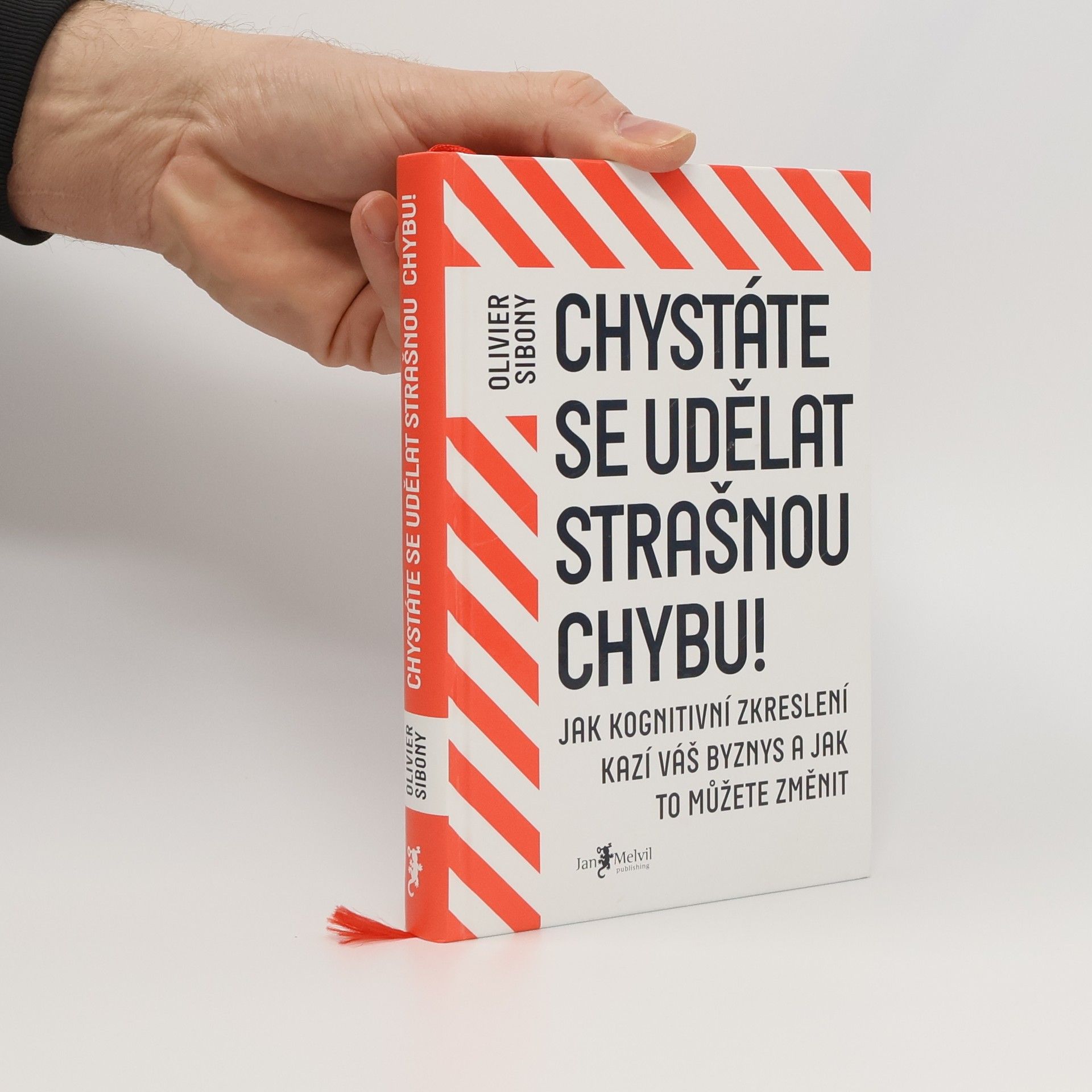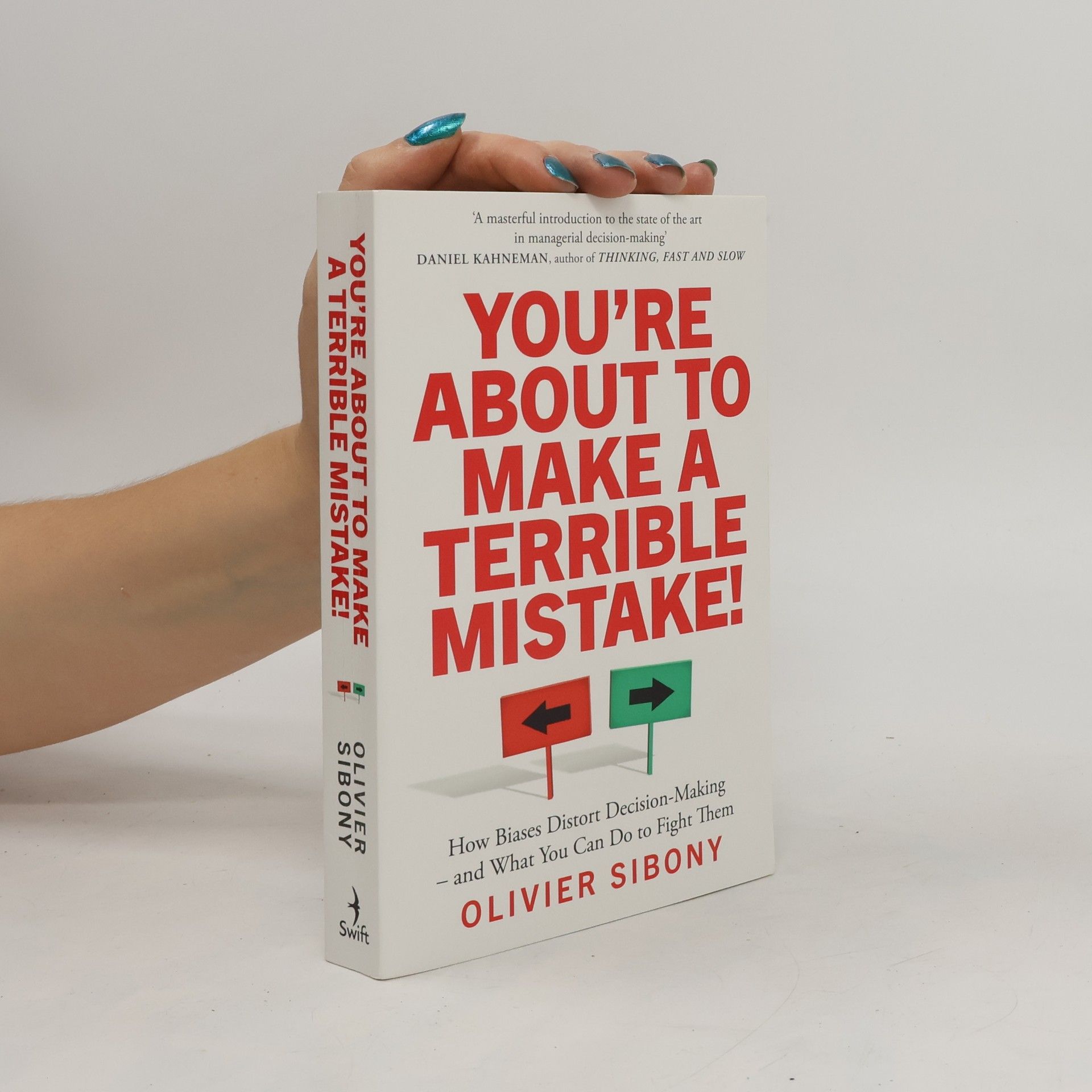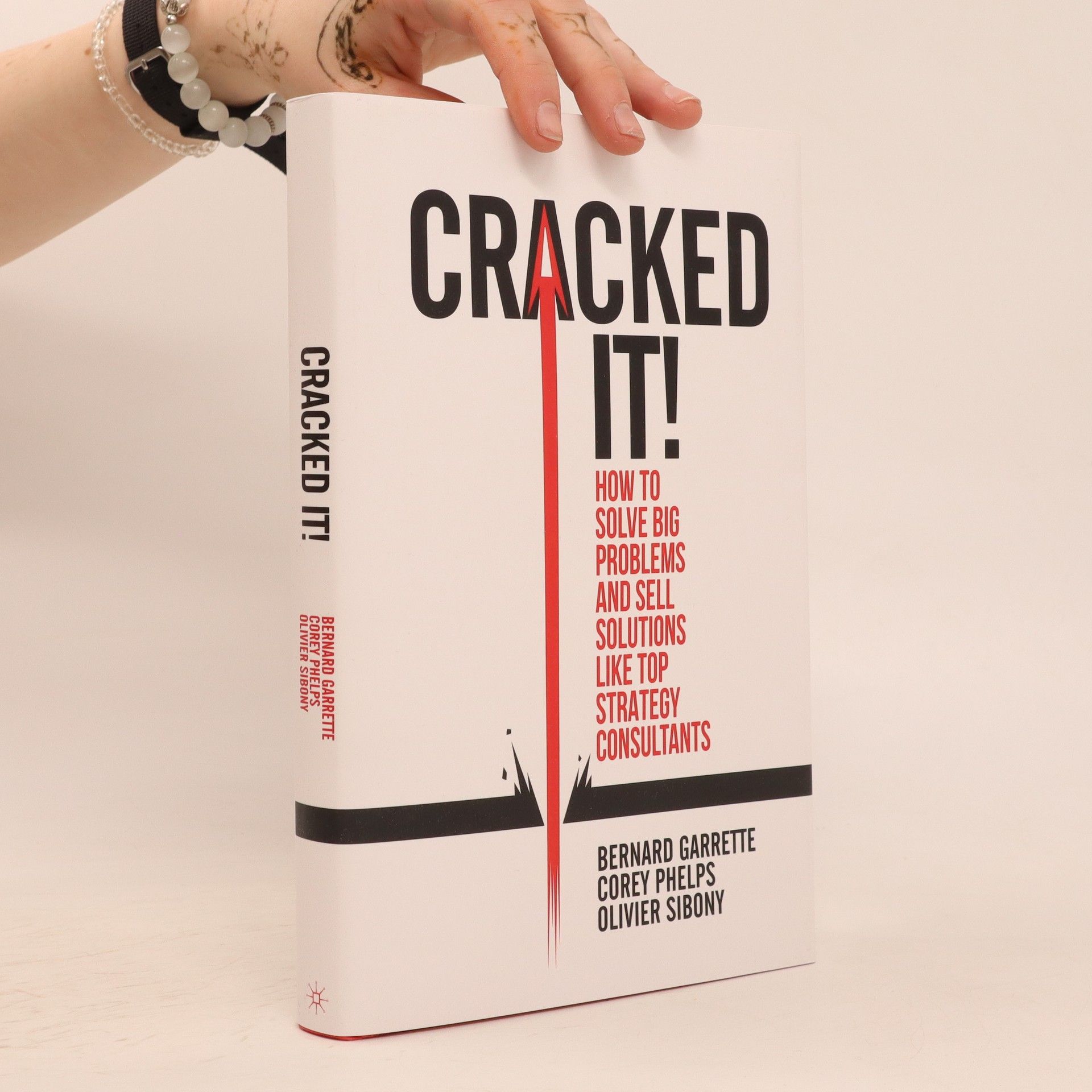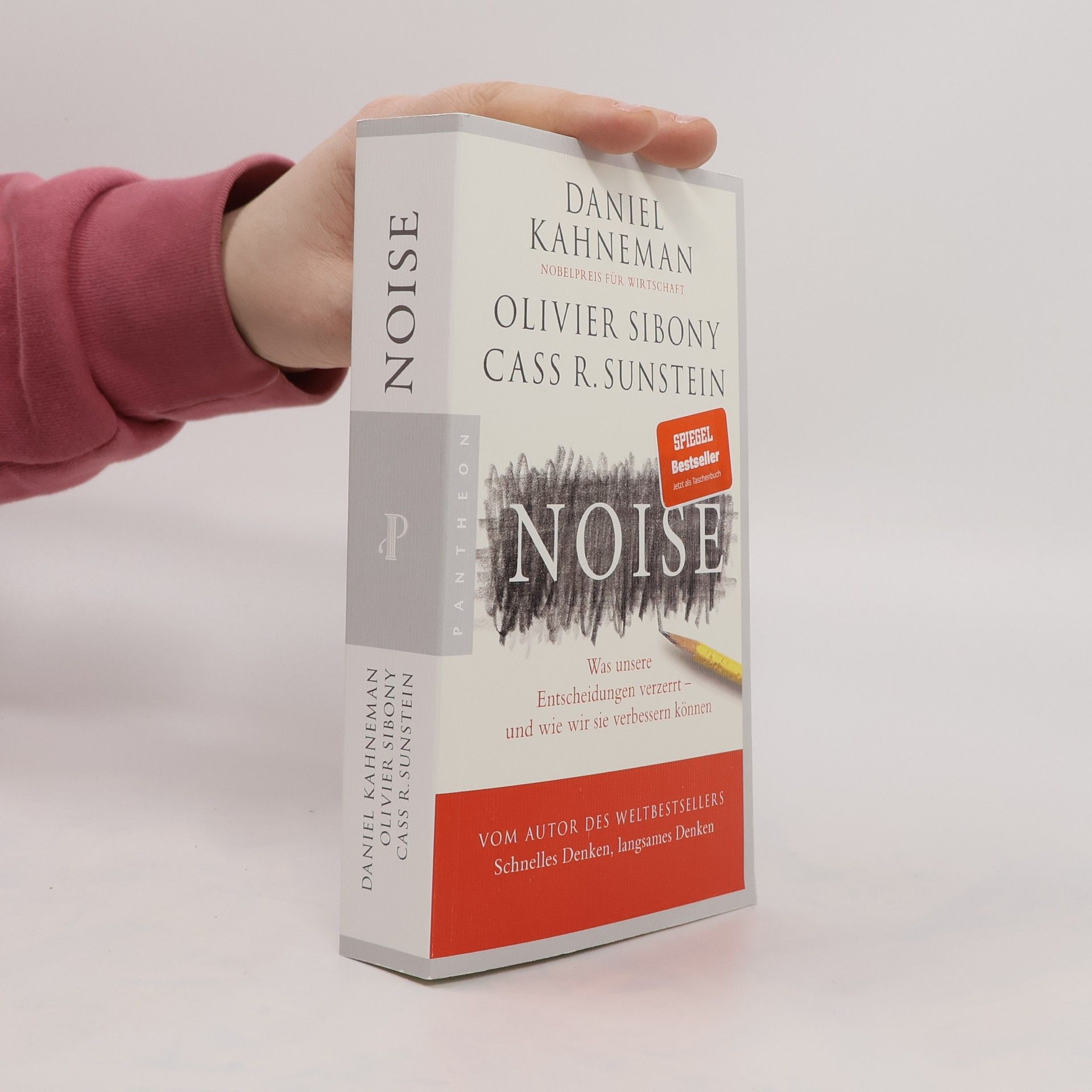»Pflichtlektüre für Entscheidungsträger« (Die Zeit) – der neue Bestseller von Nobelpreisträger Daniel Kahneman, Autor von »Schnelles Denken, langsames Denken«, erstmals im Paperback Warum treffen wir, je nach Umständen, völlig unterschiedliche Entscheidungen auf ein und derselben Faktengrundlage? Weshalb entscheiden wir uns immer wieder falsch, ob im Beruf oder im Privatleben? In seinem Buch, das inhaltlich direkt an den Weltbestseller »Schnelles Denken, langsames Denken« anknüpft und in Zusammenarbeit mit Bestsellerautor Cass Sunstein und Olivier Sibony entstanden ist, klärt Nobelpreisträger Daniel Kahneman über die Vielzahl von oft zufälligen Faktoren auf, die unsere Entscheidungsfindung stören und häufig negativ beeinflussen – sie sind im Begriff »Noise« zusammengefasst. Die Autoren zeigen, wie wir lernen können, diese »Störgeräusche« zu verstehen und mit ihnen umzugehen, denn nur so können wir auf Dauer bessere Entscheidungen treffen.
Olivier Sibony Bücher





Cracked it!
How to solve big problems and sell solutions like top strategy consultants
- 284 Seiten
- 10 Lesestunden
Solving complex problems and effectively selling solutions is essential for success, yet many struggle with this skill. Common pitfalls include jumping to conclusions, confirming biases, and viewing challenges through narrow frameworks. Moreover, when presenting recommendations, we often overlook that our reasoning may not be clear to others. To address these issues, seasoned strategy professors and consultants introduce a practical four-step approach to navigate these challenges. Drawing on proven methods from top strategy consultants, cognitive psychology research, and design thinking advancements, they offer a comprehensive toolkit for tackling business problems. Through engaging stories and detailed case studies, the authors guide readers in stating, structuring, and solving problems, as well as selling their solutions. With decades of experience in research, teaching, and consulting, the authors provide an indispensable manual for anyone looking to create value by addressing critical organizational challenges.
A practical, lively, and research-based tour of nine common business decision-making traps - and tools for avoiding them - from a professor of strategic thinking.
Chystáte se udělat strašnou chybu!
Jak kognitivní zkreslení kazí váš byznys a jak to můžete změnit
- 280 Seiten
- 10 Lesestunden
Každý den děláme rozhodnutí, ať už si to uvědomujeme, nebo ne. I ti nejzkušenější z nás se však často dopouštějí chyb, a to kvůli nevědomým kognitivním procesům, jako je myšlení a vnímání. Jak lze tedy učinit správné strategické volby, když si nejsme vědomi svých kognitivních zkreslení? V byznysu existuje mnoho příkladů špatných rozhodnutí, jako je přehnaná důvěra v inovace nebo podcenění konkurence. Lídři, kteří stojí za kolapsy firem, nejsou nutně nezkušení; spíše se dopouštějí systematických omylů při „racionálním“ rozhodování. Olivier Sibony, francouzský psycholog a konzultant, ve své knize ukazuje, jak se tyto kognitivní zkreslení týkají i těch nejlepších. Popisuje známé omyly a krachy, které kategorizuje do devíti pastí a pěti základních skupin. Místo individuálních mentálních postupů však nabízí nový přístup: vytvoření systému technik a procesů, které využívají kolektivní inteligenci, což nazývá firemní architekturou rozhodování. Kniha obsahuje čtyřicet konkrétních metod, které pomohou vytvořit bezpečnější firemní prostředí.